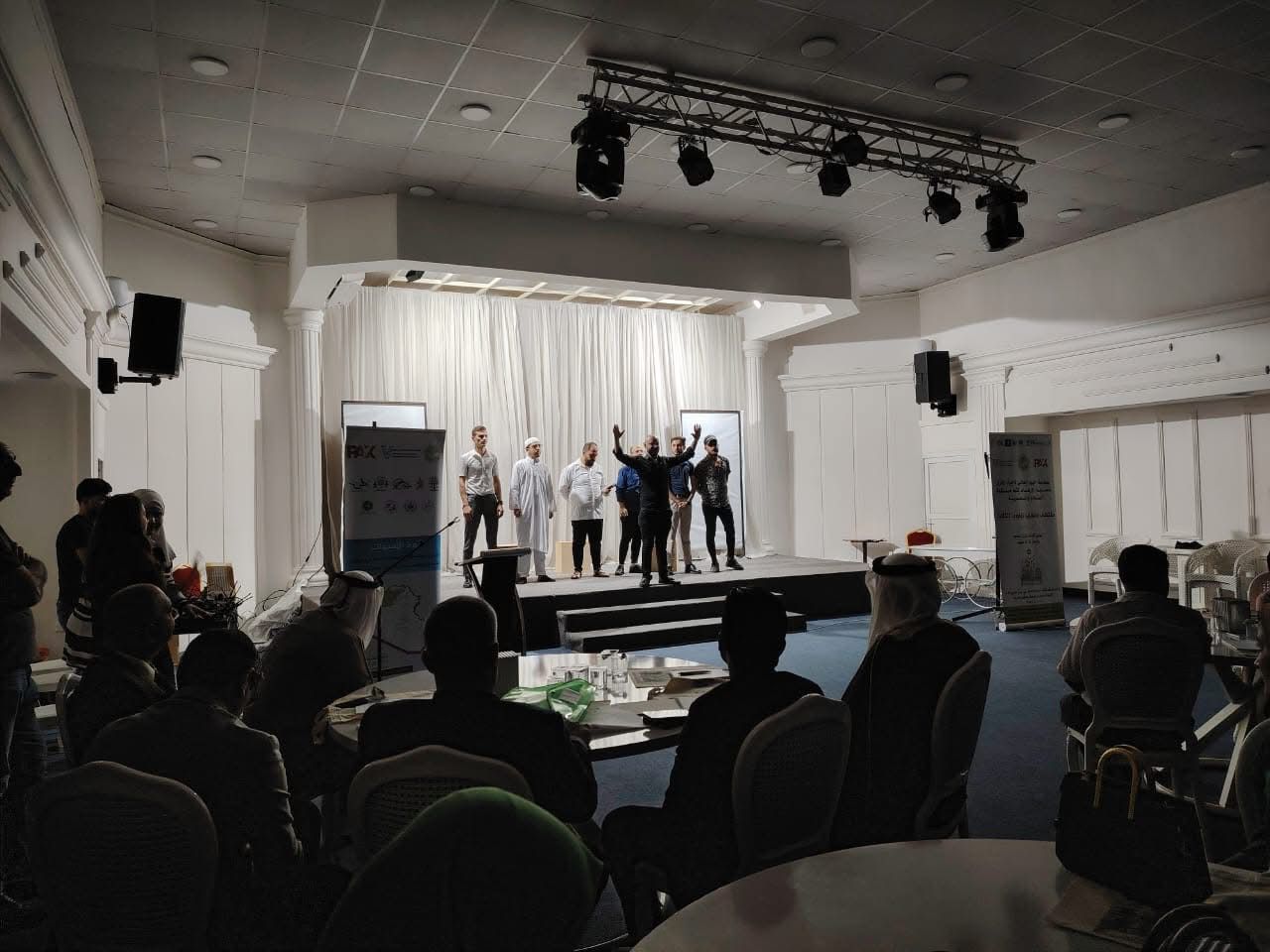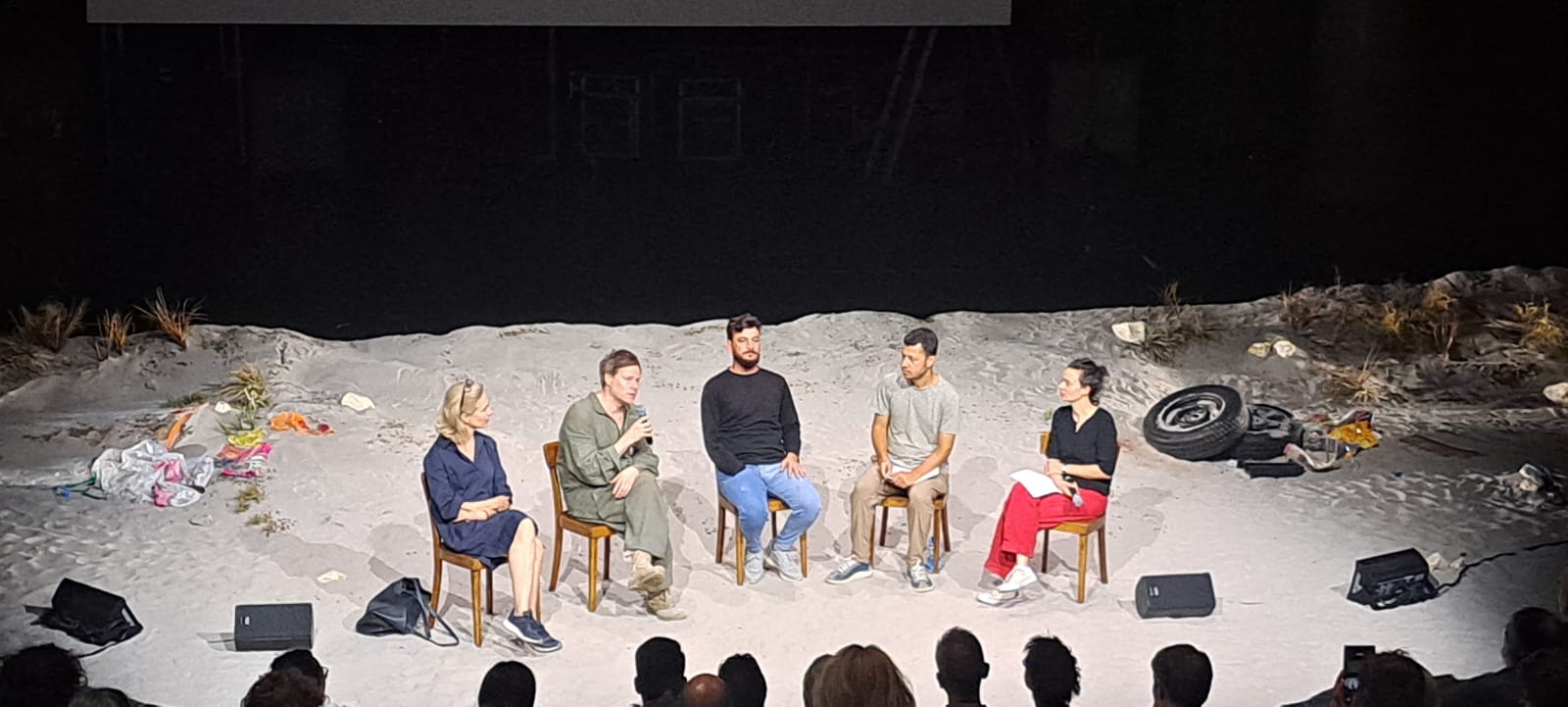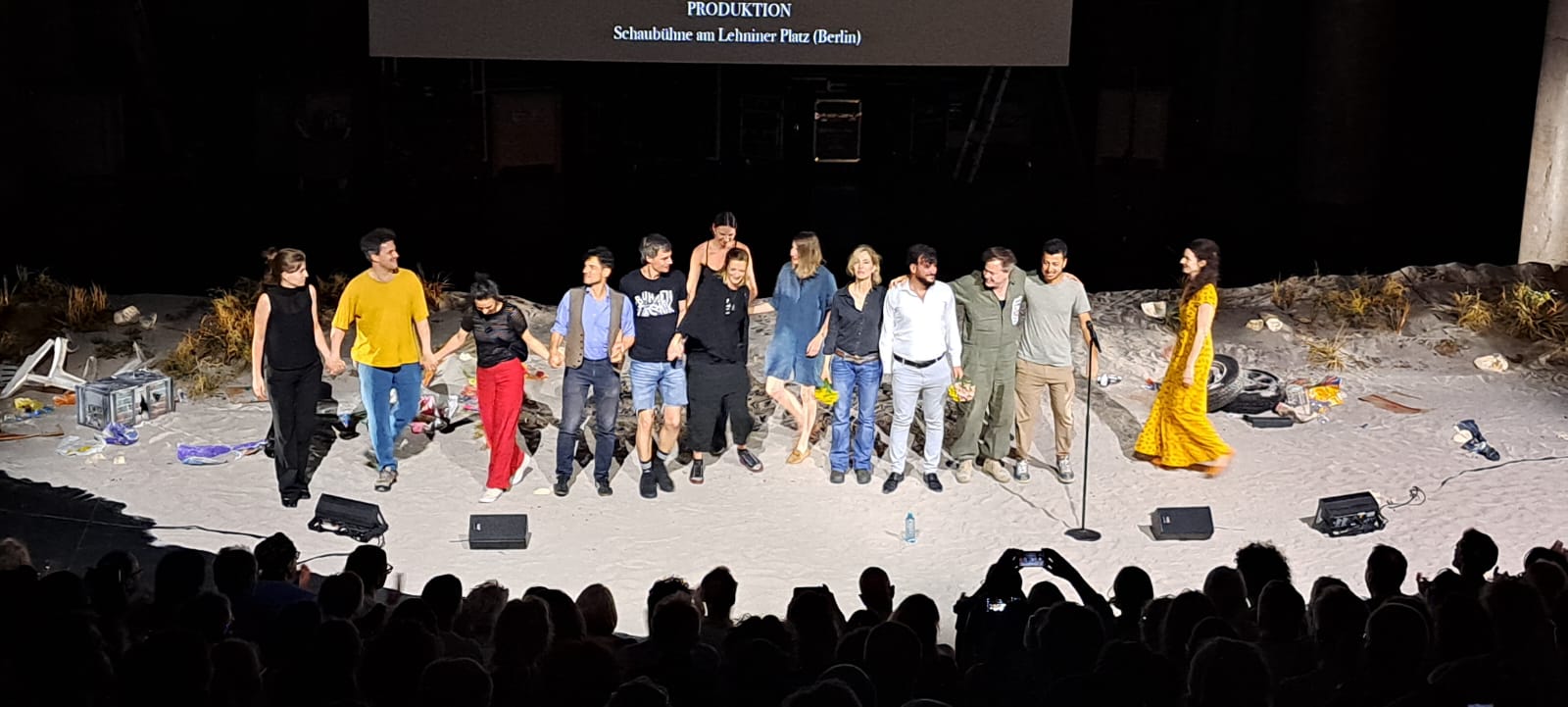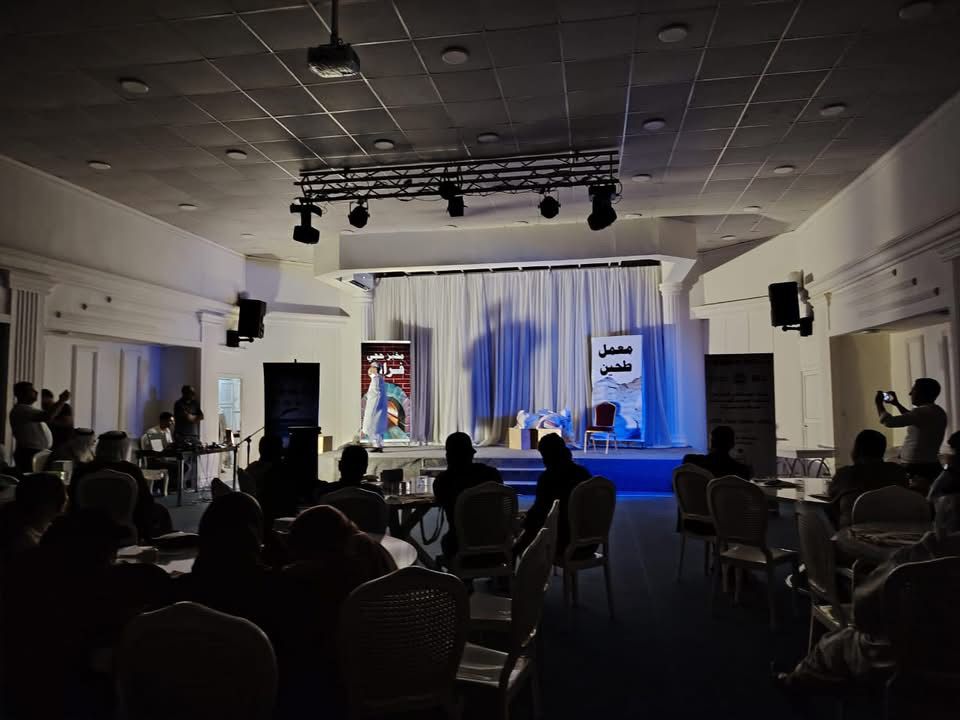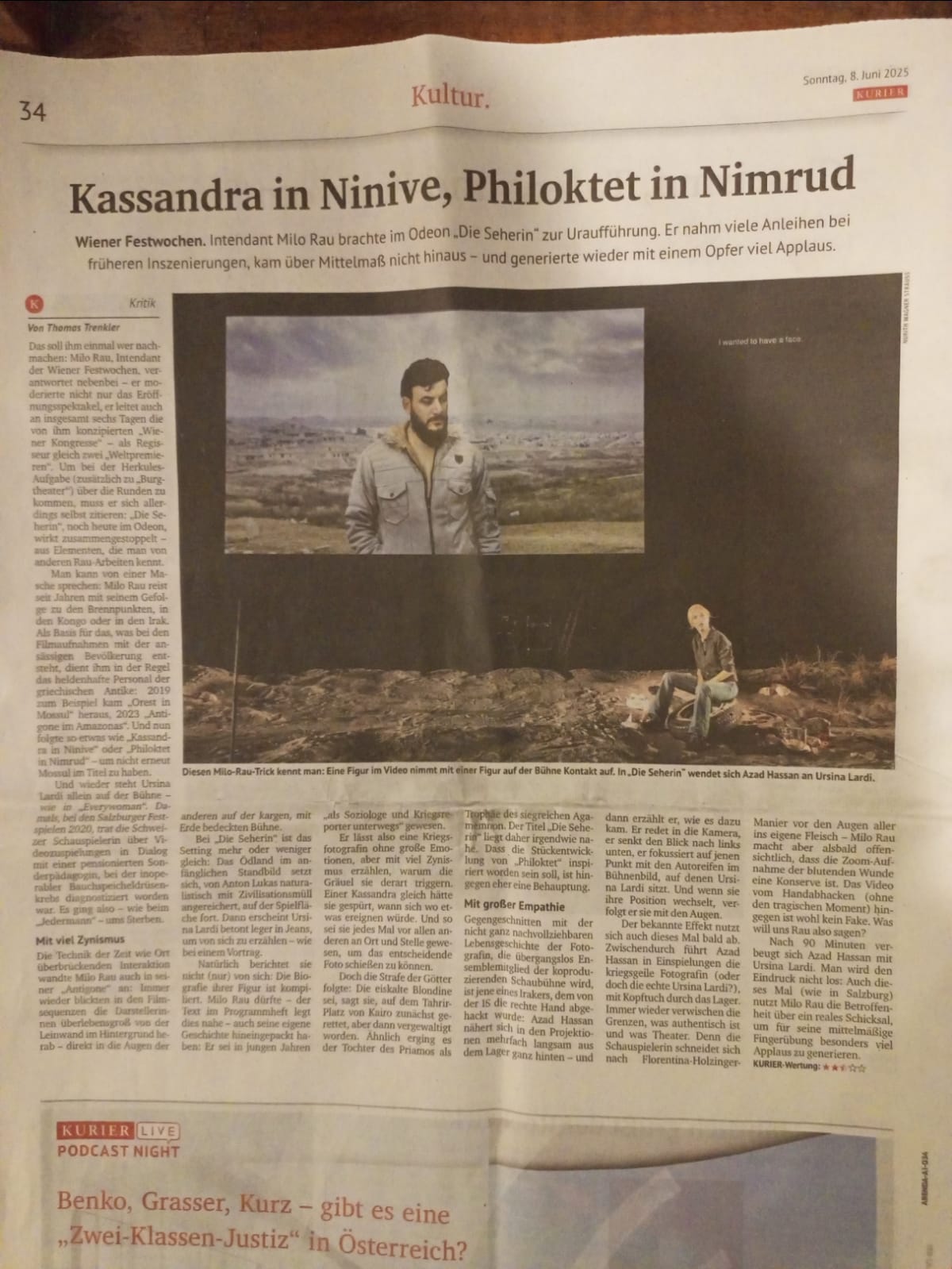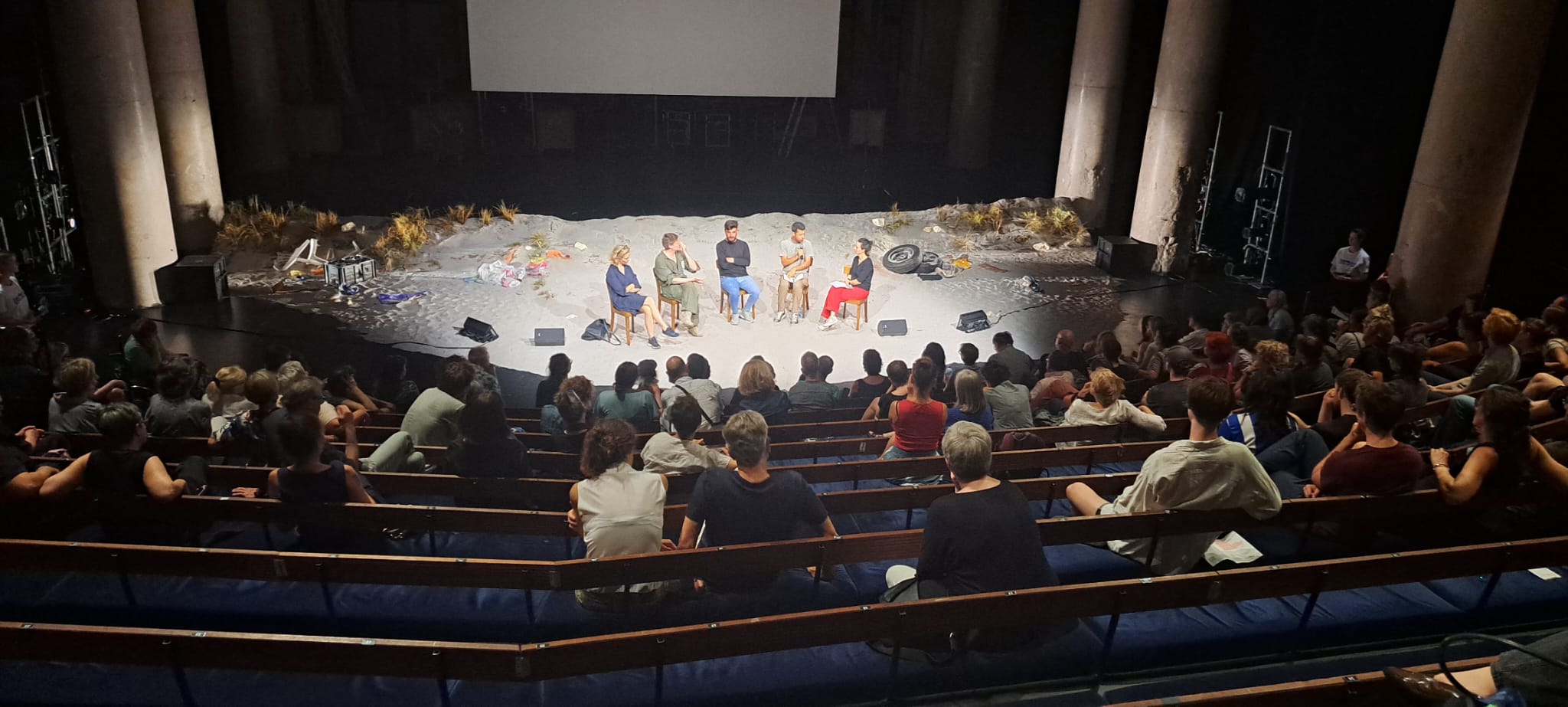
On the eleventh anniversary of the fall of Mosul to terrorism, the story of Azad, a young man from Nimrud, emerged at the First Ninewa Victims Forum as one of the most powerful examples of resilience in the face of violence and extremism. His harrowing experience was transformed into a compelling message of humanity and peace, carried to the world through the Transformative Justice – Power of Voices project.
Azad, a survivor of one of the most horrific crimes of terrorism — involving public torture, humiliation, and abuse — was unjustly subjected to a brutal sentence of hand amputation in a public square in Mosul, in front of a large crowd. The aim of the act was to instill fear and normalize a mindset of violence, extremism, and inhumanity. Refusing to let this traumatic event define him, Azad turned his pain into a new path of resistance, advocating for dignity, peace, and the rejection of hatred and intolerance.
As part of the Transformative Justice project, Azad shared his story through. a theatre in Mosul in #NinewaVictimsForum then it presented globally. It was recently featured in an international theatrical production titled "#Philoctetes in #Nimrud", performed in Vienna, Austria, with Azad in attendance. The play merges the Greek myth of Philoctetes with Azad’s real-life experience, illustrating the brutality of ideological and religious extremism. Tickets for the opening night sold out over a month in advance, and the show will continue to tour Vienna, Venice, Bucharest, and later Berlin.
Azad’s story represents one of the most impactful outcomes of the Transformative Justice project in Ninewa, implemented by the Peace and Freedom Organization, which supports survivors in telling their stories and contributing to peacebuilding and positive change.
On this day marking the fall of Mosul, the Peace and Freedom Organization reaffirms its commitment to opposing all forms of violence and rejecting extremist, intolerant ideologies. The organization continues to strive for a society that upholds human dignity and rights, honors the memory of victims, and transforms pain into justice and meaningful guarantees of non-repetition.
